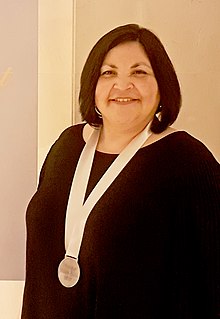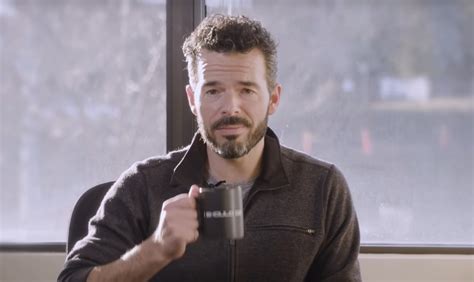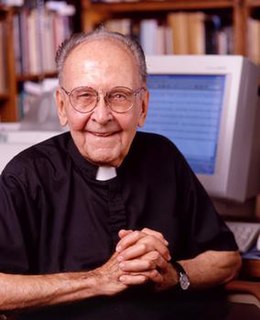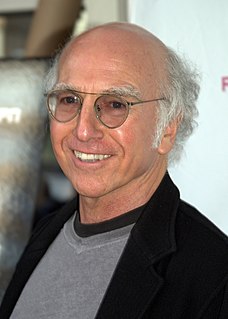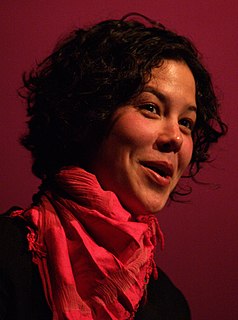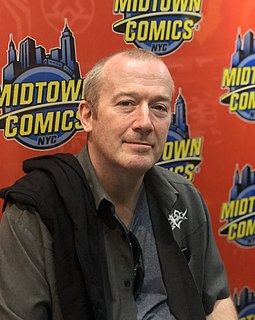A Quote by Michael Ondaatje
I don't see novels ending with any real sense of closure.
Related Quotes
The critiques I received from my father's community didn't actually have to do with any of the things I'd been afraid of - spiritual or cultural aspects - they were more annoyed that I'd killed off this character or those characters hadn't hooked up or I'd done an open ending and it didn't give them a sense of closure that they were expecting.
The psychotic does not merely think he sees four blue bivalves with floppy wings wandering up the wall; he does see them. An hallucination is not, strictly speaking, manufactured in the brain; it is received by the brain, like any 'real' sense datum, and the patient act in response to this to-him-very-real perception of reality in as logical a way as we do to our sense data. In any way to suppose he only 'thinks he sees it' is to misunderstand totally the experience of psychosis.
Fragmentation is a big part of the problem. You have a city where trash is taken away from the curb every week, and you don't see it any more, and you don't have any sense of where water comes from. So there's no sense of responsibility and accountability and there's also no sense of empowerment for our actions.

